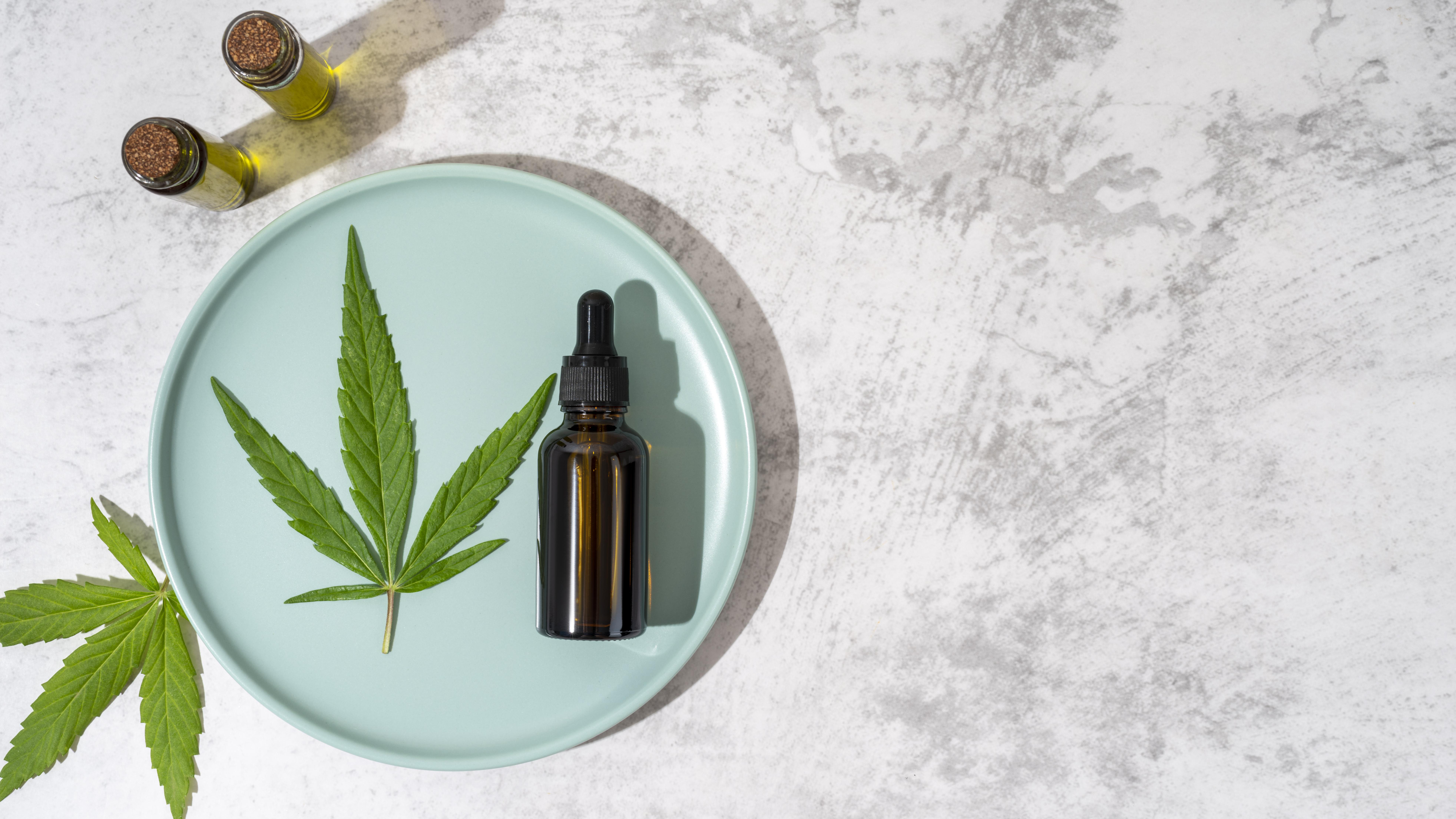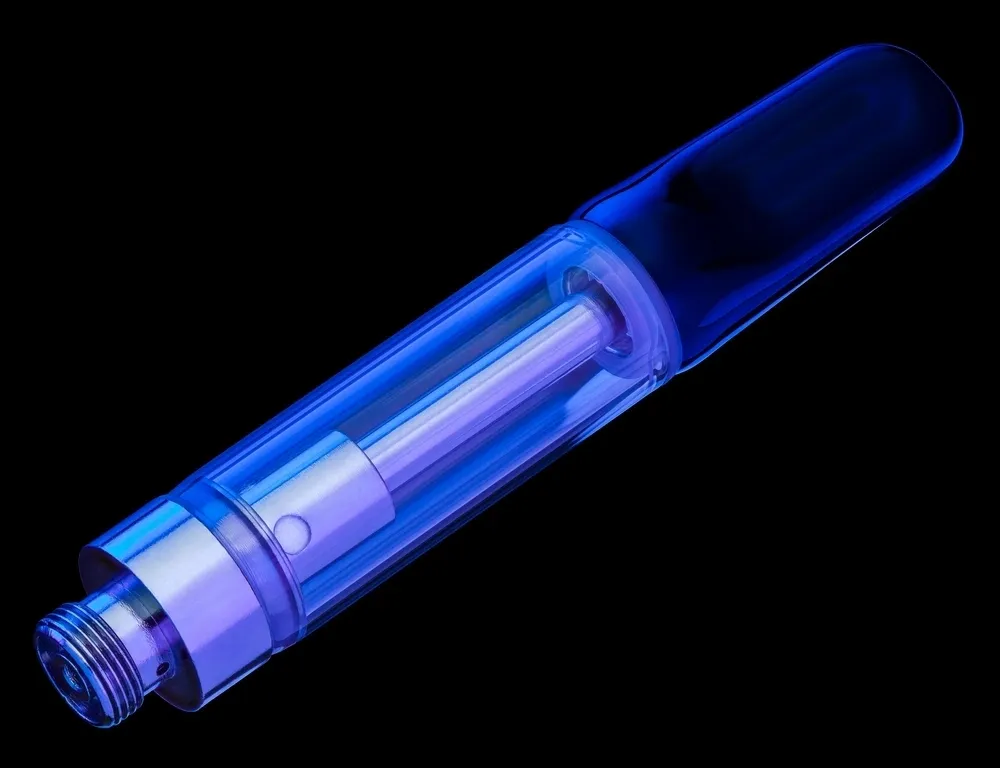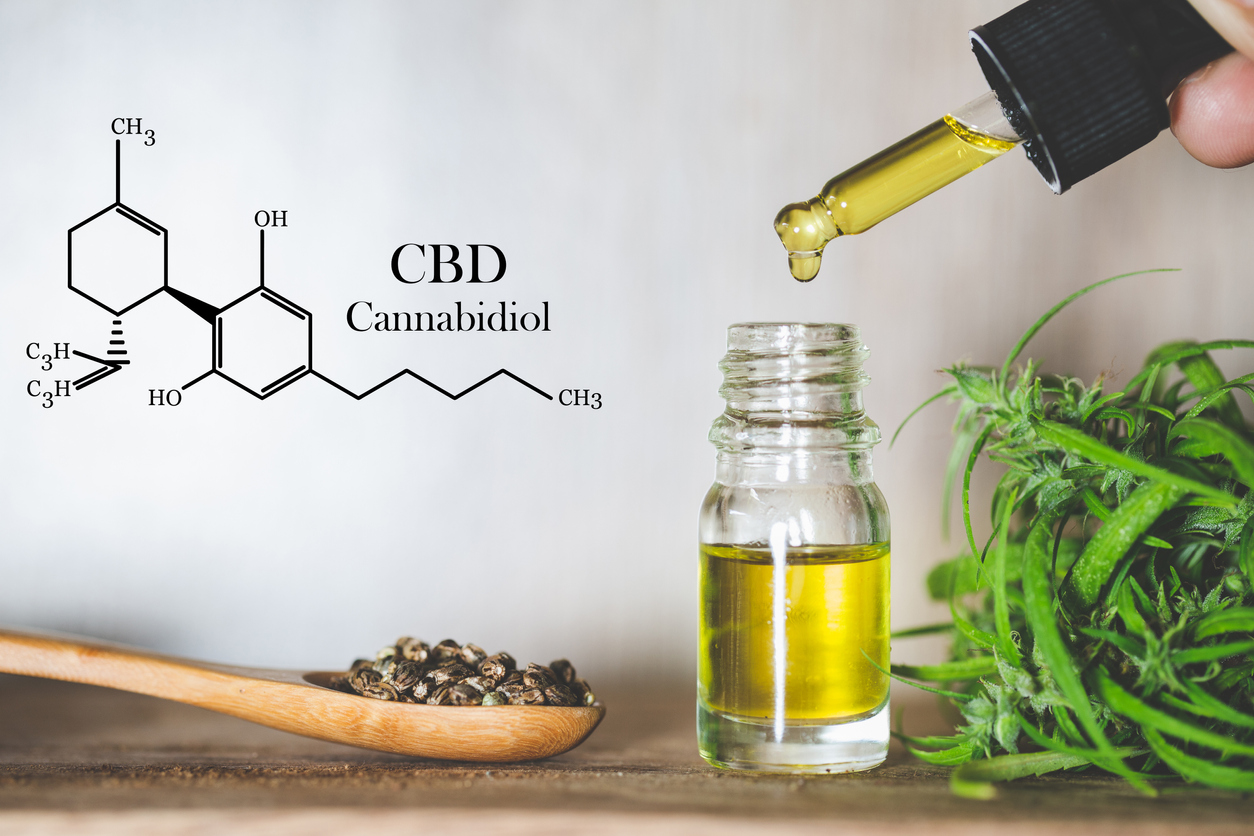As the popularity of cannabis and its derivatives continue to rise, the terms CBD and THC have become buzzwords in the world of health and wellness. While both CBD (cannabidiol) and THC (tetrahydrocannabinol) are compounds found in cannabis, they have different properties and effects. In this article, we will explain the key differences between CBD and THC and explore the many benefits of CBD.
What is CBD?
CBD is a non-intoxicating compound that is found in cannabis plants. It is a type of cannabinoid, which is a class of chemical compounds that interact with the body’s endocannabinoid system. Unlike THC, CBD does not cause the “high” associated with cannabis use.
CBD has been studied extensively for its potential therapeutic properties. Research suggests that CBD may have anti-inflammatory, analgesic, and anti-anxiety effects. It may also have neuroprotective properties and may help alleviate symptoms of conditions such as epilepsy, multiple sclerosis, and Parkinson’s disease.
What is THC?
THC is the primary psychoactive compound found in cannabis. It is responsible for the “high” associated with cannabis use. THC binds to cannabinoid receptors in the brain and central nervous system, leading to a range of effects such as altered perception, increased appetite, and changes in mood.
THC has also been studied for its potential therapeutic properties. It may help alleviate symptoms of conditions such as chronic pain, nausea, and muscle spasms. However, the psychoactive effects of THC can make it difficult for some people to use as a medication.
Key Differences between CBD and THC
The key difference between CBD and THC is their psychoactive effects. While CBD does not cause a “high,” THC does. This makes THC more likely to be used recreationally, while CBD is more commonly used for its potential therapeutic properties.
In addition to their psychoactive effects, CBD and THC have different effects on the body. THC binds directly to cannabinoid receptors in the brain and central nervous system, while CBD has a more indirect effect. CBD may also modulate the effects of THC, reducing its psychoactive effects.
Another important difference between CBD and THC is their legal status. While THC is illegal in many parts of the world, CBD is legal in most places, provided it is derived from hemp and contains less than 0.3% THC.
Benefits of CBD
CBD has been studied extensively for its potential therapeutic properties. Some of the potential benefits of CBD include:
- Pain relief: CBD may help alleviate chronic pain by reducing inflammation and modulating pain signals.
- Anxiety and depression: CBD may have anti-anxiety and antidepressant effects, potentially helping to alleviate symptoms of anxiety and depression.
- Neuroprotection: CBD may have neuroprotective properties, potentially helping to protect against neurodegenerative diseases such as Alzheimer’s and Parkinson’s disease.
- Epilepsy: CBD has been approved by the FDA for the treatment of certain types of epilepsy.
- Sleep: CBD may help improve sleep quality and duration, potentially helping to alleviate insomnia.
- Skin conditions: CBD may help alleviate symptoms of skin conditions such as acne and psoriasis.
Conclusion
CBD and THC are both compounds found in cannabis plants, but they have different properties and effects. CBD is non-intoxicating and has potential therapeutic properties, while THC is psychoactive and more commonly used recreationally. CBD may help alleviate symptoms of a range of conditions, including chronic pain, anxiety, and epilepsy. If you are interested in trying CBD for its potential therapeutic benefits, be sure to speak with a healthcare professional to determine the appropriate dosage and to ensure that it will not interact with any medications you are taking.




